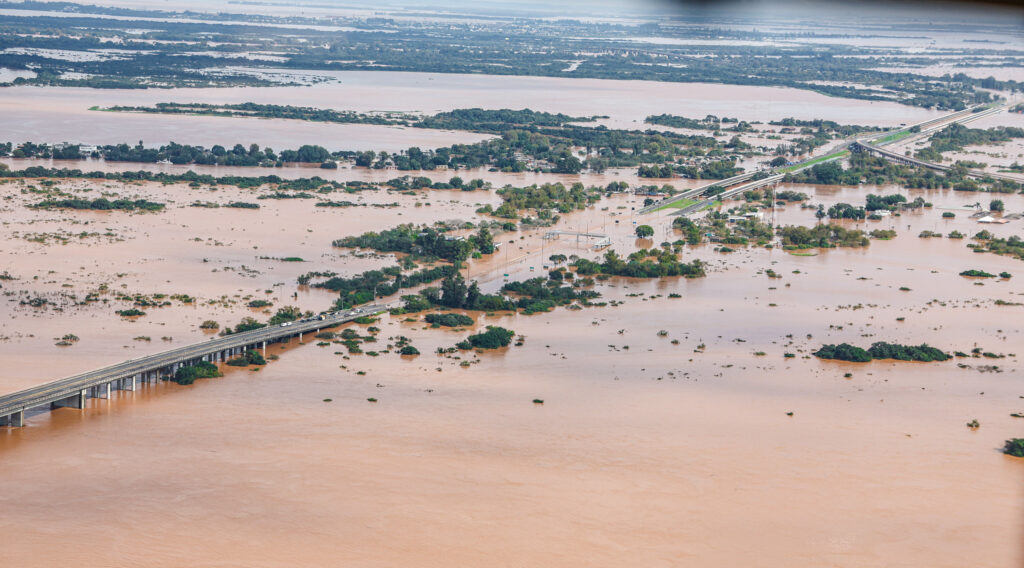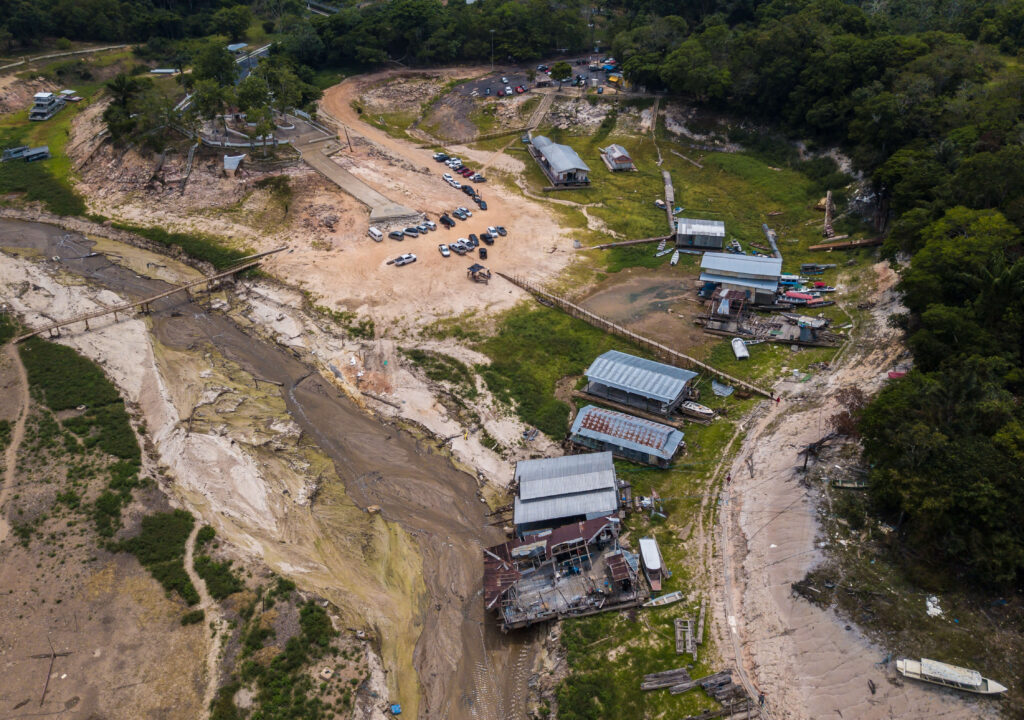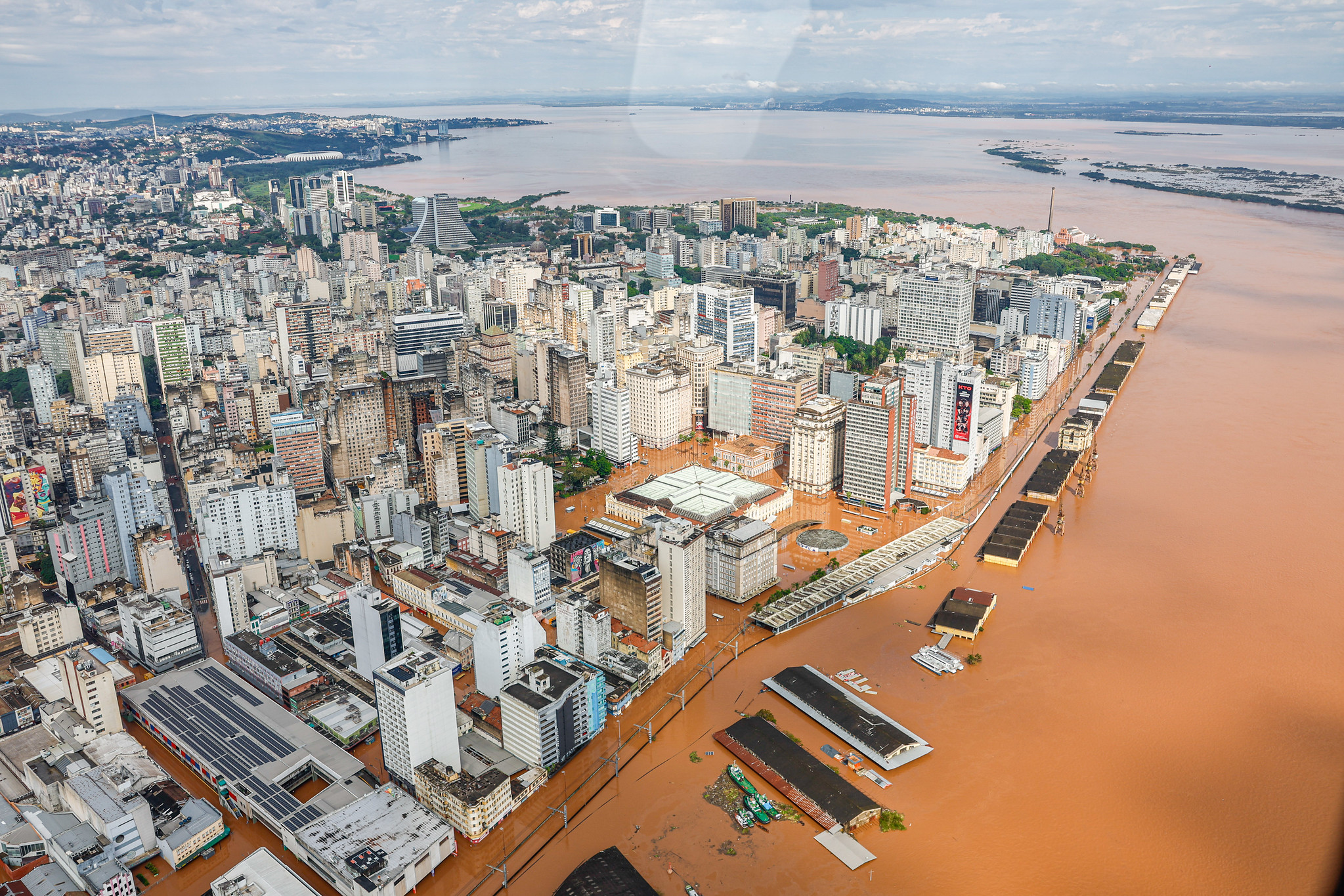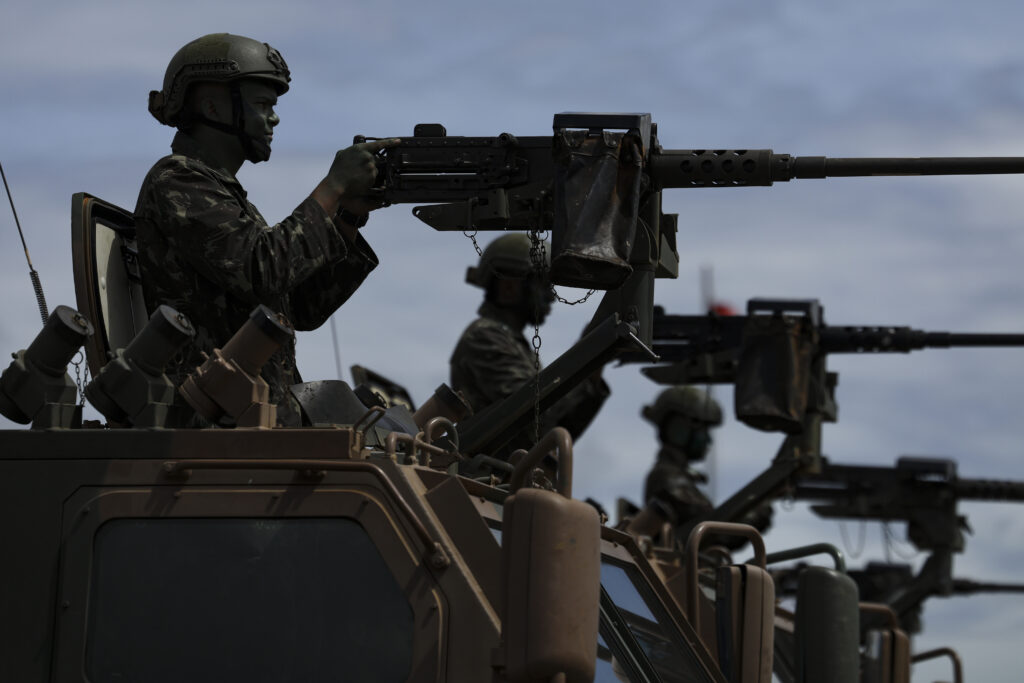São Paulo, Brazil – Extreme flooding in southern Brazil over the past month has sparked discussions throughout the country about the predominant role that climate change is playing in recent, costly natural disasters.
A survey released on Monday by municipal management body The National Confederation of Municipalities (CNM) revealed that natural disasters in Brazil between 2013 and 2023 caused R$ 639.4 billion (USD $125 billion) in loss for the country.
During this period, natural disasters affected 5,233 cities, impacting the lives of 418.3 million people and causing the death of 2,667 individuals, the report said. The entity explains in its research that the same person may have been affected by an event more than once over the years analyzed, as Brazil has only 203.1 million inhabitants.
The CNM organization took into account sudden events and events that evolve over time. Among the disasters characterized as sudden are storms, heavy rains, and cyclones that result in floods, landslides, loss of agricultural production, and other factors. Gradually evolving disasters, on the other hand, are characterized as aggravating over time, such as droughts, which impact drinking water supply and agricultural production.
Of the total accumulated economic loss, around R$ 191 billion (USD $37 billion) would have been triggered by extreme storms, such as those recently affecting the southern Rio Grande do Sul state. Drought and dry spells would account for about R$ 347.4 billion (USD $68 billion) of the losses.
Read more: Brazil flood death toll hits 107, one victim calls the scene a “war scenario”

(Ricardo Stuckert / Presidency of Brazil courtesy)

(Rafa Neddermeyer/Agência Brasil courtesy)
CNM’s survey also provided an overview of the reality of Brazilian municipalities in relation to coping with climate change, which tends to facilitate the propagation of extreme weather events more regularly.
The study revealed, for example, that in 57.2% of cities, there is no disaster alert system available. In 9.6% of cities, there is just a mobile alert system, such as vehicles equipped with sirens, and in only 4.8%, there are fixed devices such as sirens and loudspeakers.
What’s more, only 22.6% of municipal managers considered their cities prepared to face the increased occurrence of extreme weather events such as droughts and floods. The number one reason given by 94.1% of respondents is the lack of financial resources, while 74.5% said that this scenario is the result of a lack of technical training for personnel to deal with these issues.
The survey was carried out with representatives from 3,590 of the country’s 5,570 municipalities between December 2023 and January 2024.
Among the improvements proposed in its final considerations, the Confederation of Municipalities calls on the Brazilian government to support municipalities in prevention and risk management actions, technical and financial support to local municipal departments involved in protecting the population and disaster response activities.










